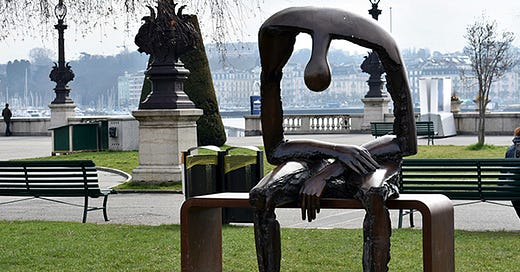This past Tuesday, Patti and I received news that a friend of 17 years who had been active, healthy, vibrant, and fully present at home and at play and at work and in worship, was abruptly called Home by Jesus at the age of 49. This news came after a string of other losses including my father who passed away a year ago last Thursday, then Tim Keller, th…
Keep reading with a 7-day free trial
Subscribe to Scott Sauls Weekly to keep reading this post and get 7 days of free access to the full post archives.




